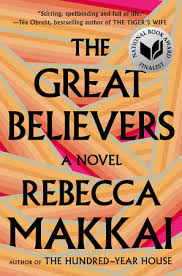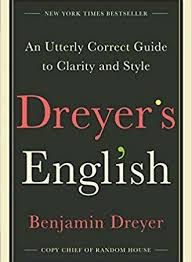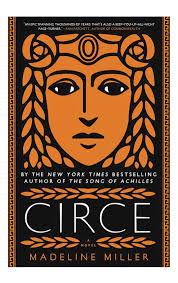Ted Chiang
Alfred A. Knopf

|
People are made of stories. Our memories are not the impartial accumulation of every second we’ve lived; they’re like the narrative that we assembled out of selected moments. Which is why, even when we’ve experienced the same events as other individuals, we never constructed identical narratives…Each of us noticed the details that caught our attention and remembered what was important to us, and the narratives we built shaped our personalities in turn. from Exhalation |












